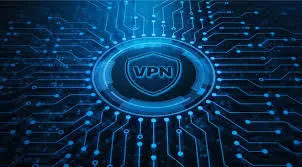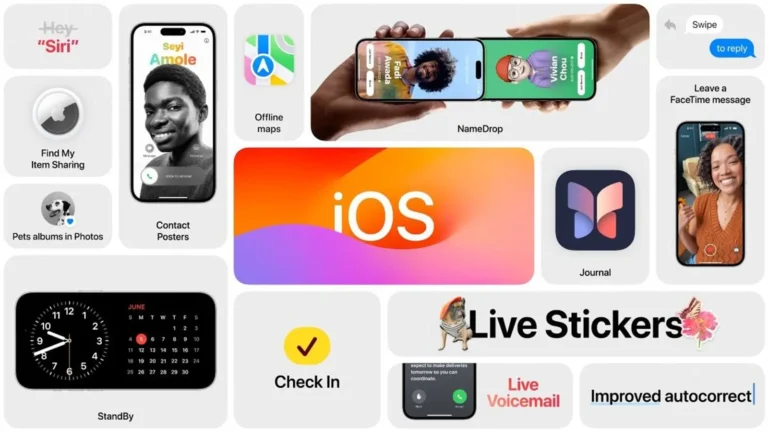What is VPN? How it’s work & useful in 2024
VPN stands for virtual private network. VPN makes the connection between the computer remote and your computer; this remote server is owned by a VPN provider that creates a point-to-point tunnel that encodes your personal data and IP address, and it lets your blocks and other websites on the internet. VPNs hide users’ browsing history, identity, location, and activity for privacy purposes. It protects user data by encrypting their data and covering their IP address

Why people use VPN
For privacy purposes
People use VPNs because if a person uses a VPN, their IP address is covered, and therefore their browsing history remains hidden from others, and it is very difficult for someone to track and hack their data.
For business purposes
People use VPNs for their business purposes because VPNs provide an extra layer of security that protects online transaction data and financial details that protect users from cyber threats.
Connection with remote
VPNS allows companies to securely connect remotely by protecting their sensitive data.
To access restricted sites
VPN allows users to access sites and websites that may be restricted and blocked in their region by bypassing geographical restrictions.
For consistent internet speed
Most people use VPN when they face slow internet speed based on their activities like gaming and video playing. In this situation, VPN is the best way to speed up slow internet speed by bypassing these restrictions and maintaining a very constant speed.
Is VPN free or paid?
If you aren’t able to buy a premium VPN, then don’t worry; some VPNs are completely free and quite safe to use but with limited acess or features
Here is the list of some free VPNs.
- Opera VPN free
- Hotspot Shield
- zoogVPN
- Windscribe
- Tunnelbear
- hide. me
- Proton VPN
- privadoVPN
Side effects of VPN
Battery usage
When we use VPN on mobile devices, it may result in high battery consumption that may be disturbing.
Sometimes reduce speed
When the connected device is far from the VPN server, it may slow down the speed of data travel.
Expensive
Good-quality VPNs are quite expensive and have a subscription fee, and people usually cannot afford them.
Restriction
In some countries, VPNs are blocked and restricted; therefore, it is sometimes risky for a user to use a VPN.
Setup issue
If a user is not fully trained and has no technical knowledge, then setting up a VPN and customizing it is risky for a user.
Limited server ability
Not every VPN provides customer support. Some VPs have limitations in availability.
Types of VPNs
Remote access VPN
Remote access VPN allows users to make a connection to a private network remotely.
For example:
Site-to-site VPN
Site-to-site networks allow all networks to connect,
For example, the head office computer is connected to its other branches privately.
client-to-site VPN
Client-to-site VPN is the secure connection to a remote or service of a single laptop and computer.
Intranet-based site-to-site VPN
This type of VPN connects one LAN (local area network) to a WAN (wide area network).
Extranet-based site-to-site VPN
In extranet-based site-to-site vpn, one or more companies share some resources they want to share, but they don’t share all information; they only show data they want to make available to other countries.
Personal VPN
A personal VPN is a secure and private VPN where a person connects to a VPN or remote server to hide browsing history, location, and IP address.
Mobile VPN
Mobile VPN provides a secure connection to the network when it isn’t connected physically. Some Android devices support mobile VPN.
Cloud VPN
Cloud VPN allows users to connect with the cloud network securely. this type of VPN is mostly used for business purposes.
Types based on protocol
- PPTP point-to-point tunneling protocol
PPTP is the type of VPN that allows virtual private networks. PPTP protects data when using remote resources. PPTP is the oldest version of VPN introduced in 1996. it supports compatibility with various devious operating systems.
L2TP`IPsec layer 2 tunneling protocol with internet protocol security
Both L2TP (layer 2 tunneling protocol) and IPsec (internet protocol security) are the two types of networks mostly used together to make safe and encoded VPN connections.
IPsec is a covered type that makes data space that is being processed between two endpoints. On the other hand, L2TP creates a connection between two endpoints.
Open VPN
Open VPN uses TLS (transport layer security). This is the safe and secure connection between two endpoints. Open VPN also implements a virtual private network to keep data encrypted and authentic.
SSTP secure socket tunneling protocol
To create a secure and safe connection between client and server, Microsoft developed SSTP (secure tunneling protocol) to make data encryption easier. SSTP uses TCP port 443. SSTP Encrypt 256 bit.
Wireguard
Wireguard is safer than IPSec and open VPN because it is fast and secure and it keeps data end-to-end encrypted. regard is low overhead VPN because it uses fewer resources than others.
Which VPN is mostly used?
Nord VPN is the fastest and most secure VPN and is mostly used in the world because it provides more security and the fastest internet speed.
Final words.
For enhancing online security VPN is a very important tool to save users from cyberthreats by hiding IP addresses and history. different types of VPN are remote access VPN, site-to-site VPN, client-to-site VPN, intra-based site-to-site VPN, extranet side-to-site VPN, etc. All types of VPNs can be useful for different purposes. The benefit of a VPN is that it increases internet speed, hides IP addresses, provides access to restricted content, hides location, and many more. However, VPN also includes some side effects, like sometimes it seems illegal to access restricted sites, its setup is difficult to set for a nontechnical staff, or it also affects battery usage






